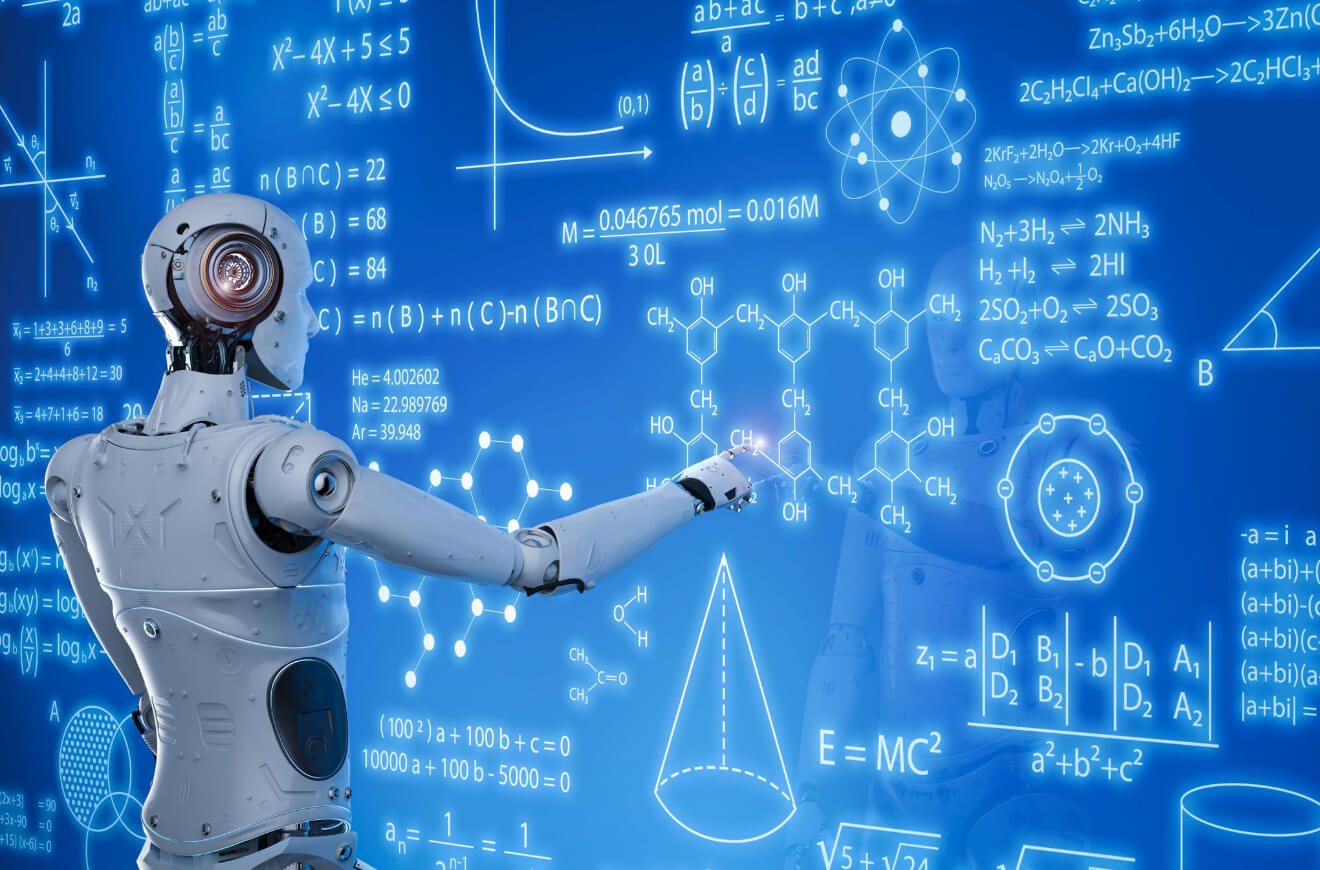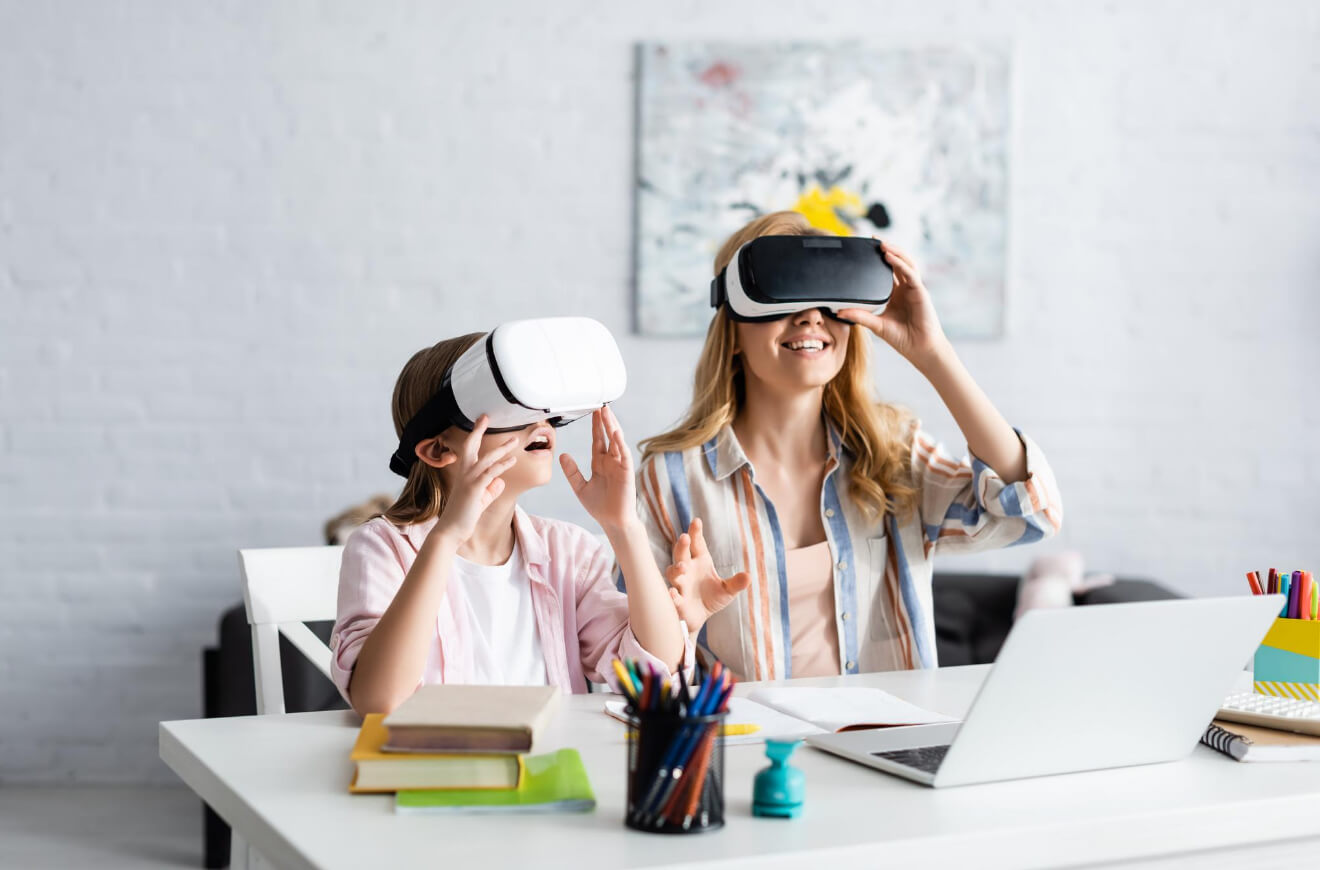
Predictions on How Education Will Look Like in 2030 and 2050
When schoolchildren visit history of education museums to see what classrooms looked like in the past, they are often surprised by how little has changed. Despite all the technological advancements, rows of benches and a blackboard at the front still define many classrooms.


What has remained the same?
The core principles and format of education have remained essentially unchanged for centuries. However, this doesn't mean that the educational structure has stagnated. Over time, more students have gained access to education, leading to near-universal literacy rates in many countries. Yet, if an ancient Roman were to step into a modern classroom, they might not find it all that unfamiliar.
What is changing?
Frontal instruction remains the dominant teaching method, but how education is delivered is evolving. So, what changes can we expect in the coming decades?
Homeschooling is on the rise
Homeschooling is no longer just an alternative but a growing trend, thanks to advancements in online education. Today, students have more freedom to tailor their learning experiences, and parents benefit from reduced school fees and taxes. Studies show homeschooled students consistently perform well across various subjects, from literacy to civic engagement.
Learning will become personalized
Traditional “one-size-fits-all” teaching is giving way to personalized learning models.
Students excelling in a subject will be given more challenging tasks, while those struggling will receive tailored support.
Self-paced curricula will be central to advanced learning platforms, prioritizing individual strengths over mass education.
A school won't be a building
While libraries and laboratories remain essential, schools of the future won’t necessarily be physical structures. The shift to online learning continues to expand, making education more accessible to students who would otherwise have to travel long distances.
E-Learning Platforms Are Evolving
The past few years have seen significant growth in e-learning platforms, with universities expanding online degree programs. The integration of VR and AR is still in progress, but as these technologies become more affordable, they will play a more significant role in virtual classrooms.

We're getting there with VR and AR
Perhaps the apex of developing e-learning platforms is the successful implantation of virtual and augmented reality. There are already a number of mixed reality platforms that were created with classroom use in mind.
On the other side, the technology is still rather expensive to be used extensively but this is expected to gradually change in the near future.
The affordability of e-learning
Having mentioned the cost of VR and AR, we have to say that overall, the cost of education is expected to drop, not rise, in the coming decades.
This is because the student's physical presence will be required less and less, meaning everybody who is willing to study will have access to education, even if they live half the world away from the prestigious university they attend.
Gamification will speed up
Fictional universes, i.e. metaverses, are best accessible and interesting to children through video games. More and more educational games will be developed to boost learner interest, as entire course syllabi become gamified.
Education on the go
In some places, getting a degree is already as easy as getting a cappuccino to go! Joking aside, education will continue to shift toward mobility, meaning that homework can be done on the laptop in the nearby café and classes attended via a smartphone.
Social skills will enter the curriculum
It is more than evident that social and emotional skills are paramount in the present-day workplace. However, formal education has so far failed to acknowledge this.
Therefore, future schools will teach about the development of social and emotional intelligence, as well as problem-solving and communication skills.
Teachers will take a step back
Today, teachers are in charge of the learning process but their role is already shifting toward assistance, rather than instruction. Teachers are destined to become guides that will help direct every pupil into a life and career path that suits individual students the best.
In order to achieve this, teachers should be adept at identifying the strengths, talents, and interests of their students.
Visual learning will take precedence
It is nothing new that students better learn when they use mnemonics, i.e. when they have an image or a graph to go with a lesson.
Future education will play this to its advantage and implement visual learning as the main teaching aid. This trend is closely related to the importance of graphic design, visual communication, and user interface in the IT industry.

The timeline
The transformation of education won’t happen overnight. Here’s a look at how innovations are expected to unfold in the coming years.
In 2030:
- EdTech solutions will become more sophisticated and widely adopted.
- More schools will transition fully online.
- Online degree programs at universities will continue to expand.
- Widespread use of 5G will enable high-speed VR and AR learning.
- Blockchain technology will be used to store academic records securely.
In 2050:
- The job market will demand skills that weren’t taught in 2025.
- VR and AR will be standard tools for assessments and exams.
- Teachers will primarily act as consultants rather than instructors.
- Traditional textbooks will be obsolete, replaced by entirely visual learning materials.
After centuries of slow evolution, education is finally undergoing profound changes. By 2050, traditional classrooms will be replaced by a more mobile, personalized, and technology-driven learning experience.



